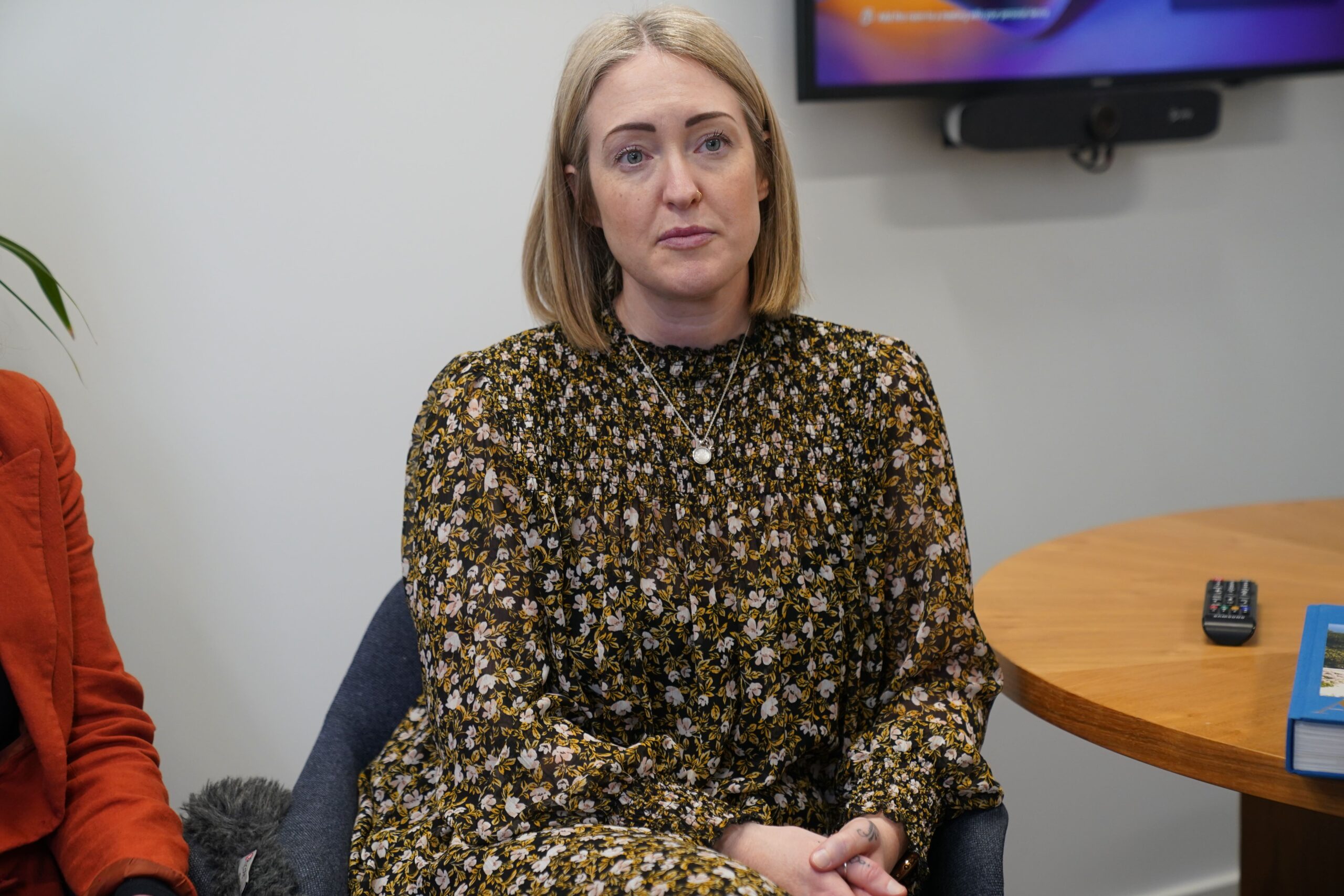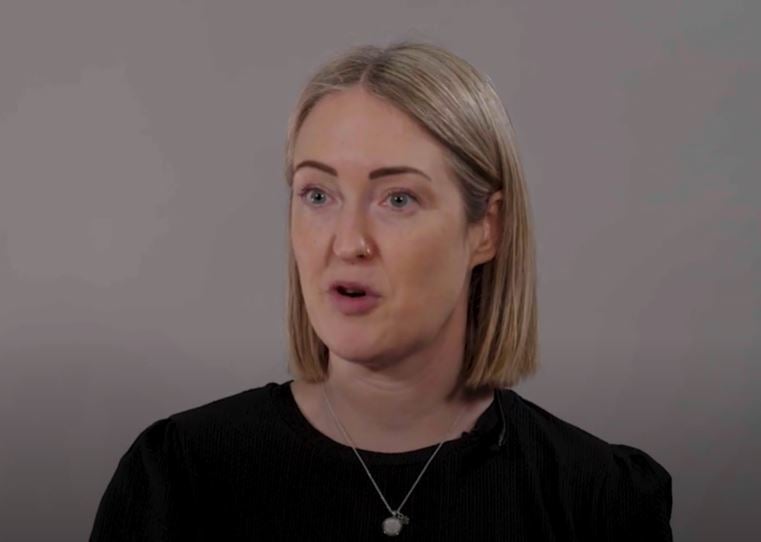As a child, Brianna Ghey had been outgoing, happy and bubbly.
“She was always into absolutely everything,” her mother Esther said. “She was the life and soul of every room, you always knew if Brianna was there.”
Yet at the age of 14, two years before she was murdered by two fellow teenagers, her behaviour began to drastically change as an addiction to her smartphone began to have a “massive negative effect” on her life.
As well as getting into trouble in school, Brianna, who was transgender, suffered with her mental health, an eating disorder and was self-harming, with Ms Ghey only realising after her death how much harmful content she had been consuming.

She has now launched an open letter calling for a statutory ban on phones in schools, in a campaign that has received backing from high-profile figures such as actress Kate Winslet, actor Stephen Graham and several MPs.
“We did all the right things,” she told The Independent. “We put parental controls on the wifi and on her phone. When she was younger I did spot checks on her phone and would take it off her in the night.
“When she came older, it became like a diary and she didn’t want to hand it over. We had so many arguments, we’d have arguments where she would end up punching the wall because she didn’t want to hand her phone over.
“It was so difficult and as a parent I felt at a complete loss,” she said.
In February 2023, Brianna, then aged 16, was lured to Culcheth Linear Park in Warrington where she was fatally stabbed 28 times with a hunting knife by Scarlett Jenkinson and Eddie Ratcliffe, both 15 at the time.

Following her murder, Ms Ghey requested information from Brianna’s old school – Birchwood Community High School – about her daughter’s phone use.
It was revealed that during the three years Brianna was at Birchwood, teachers had made 120 safeguarding logs and 116 behaviour logs.
“These ranged from Brianna being at risk of child sexual exploitation, to the eating disorder sites she was watching which was encouraging her to restrict her eating.
“The behaviour logs ranged from her looking at her phone under the desk, refusing to put her phone away and filming herself in the toilets for TikTok content.
“It was so difficult, I didn’t know how to manage this,” she said. “I worked closely with the school on this but none of us knew what to do.”

Emma Mills, the headteacher at Birchwood, introduced phone pouches last September which means pupils lock their phones away upon arrival at school.
The school also has detection measures to ensure children are not bringing in a second phone, and uses Velcro pouches for children with health conditions or who are young carers.
“The improvements have been absolutely remarkable, for example this year they’ve recently had GCSE results and they’ve improved massively. The teacher wellbeing has improved, children are focusing in class and children are going to enrichment classes,” Ms Ghey said.
It comes as Labour faces renewed pressure to ban smartphones in schools, after they previously stated there were no current plans to pass legislation.
It is understood that ministers and Sir Keir Starmer believe headteachers already have the power to ban phones in schools, and have rules in place.
Under the former Conservative government, schools were issued non-statutory guidance intending to stop the use of phones during the school day.

A survey by the Children’s Commissioner earlier this year found 90 per cent of secondary schools and 99.8 per cent of primary schools already have policies in place to stop the use of phones during the school day.
However, the survey found around 10 per cent of secondary schools allowed pupils to use their phones at some point during the school day.
“There is so much harmful content out there. Teachers have told me about cases of children showing other children hardcore porn, beheading videos, of children filming teachers and uploading it on social media making harmful allegations or ridiculing them, male pupils upskirting teachers.
“It’s just ridiculous. There’s no place in schools for phones and I think it’s going to be such as small investment from the education department but will have massive improvements on teacher and pupil wellbeing,” Ms Ghey added.
However, she warned of a postcode lottery whether schools can afford to invest in funding phone pouches.
“If a school can’t afford it, headteachers have told me it’s a choice between a new staff member or the pouches and those children will do without. It concerns me that it’s those who are in more deprived areas that will go without,” she said.
In her open letter, which is addressed to education secretary Bridget Phillipson and prime minister Sir Keir Starmer, she calls for a statutory ban that would see pupils unable to access their phones for the entire school day, unless they are exempt for medical or accessibility reasons.
